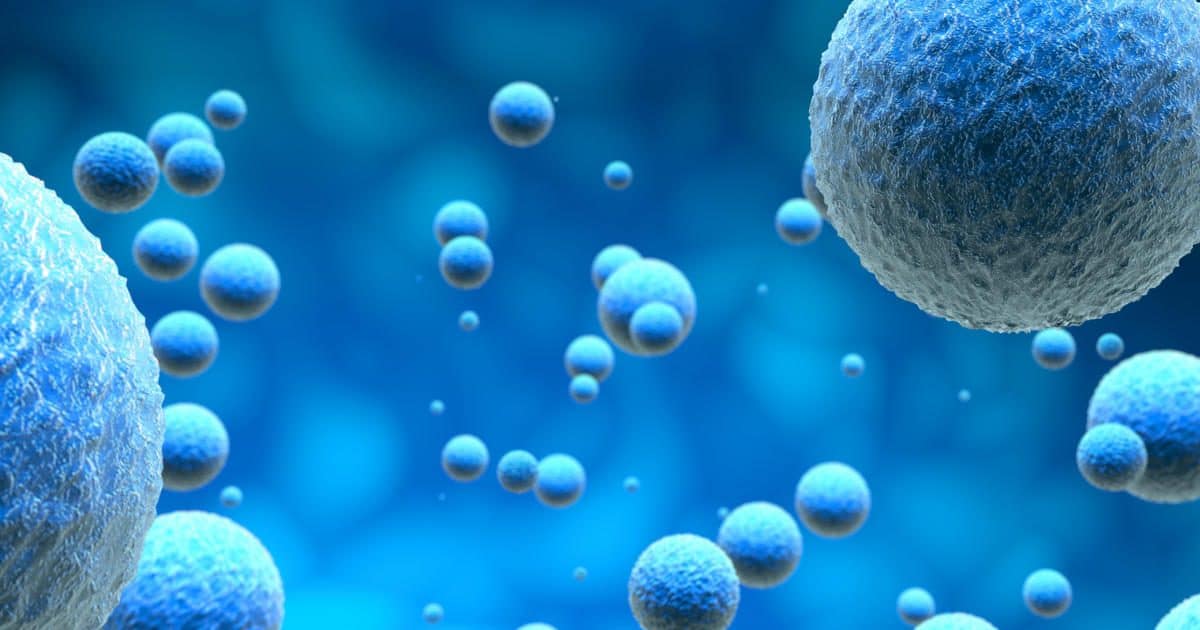Stem Cell Research

Bone Marrow treatments use a patient’s own cells, which removes concerns about grafts versus host complications. Bone Marrow procedures have been used with irradiation, chemotherapy and chronic immune suppression. Bone marrow procedures are potentially much safer and more effective for regeneration and anti-aging in cases where irradiation, chemotherapy and immune suppression are not required. The bone marrow contains mononuclear cells, hematopoietic stem cells, endothelial and precursor progenitor cells and mesenchymal stem cells, all of which, in healthy patients, assist in cell repair. Bone marrow blood is extracted, which is rich in hematopoietic and mesenchymal stem cells, from various locations in the body and then transfused back into the patient. A standard bone marrow transfusion filter is used to prevent bone marrow debris from entering the patient. It is generally considered pain free with a quick recovery. Anywhere from 100 – 300 cc of bone marrow blood is extracted. This includes about 2 – 5 million CD34+ stem cells and about 100,000 to 500,000 mesenchymal stem cells. The blood also includes growth factors and multipotent progenitor cells. CD34+ stem cells are capable of self-renewal and differentiation into various cell lineages, including immune and haematopoietic progenitors. Mesenchymal stem cells are also multipotent. They are able to differentiate into adipocytes, condrocytes, osteocytes and neuronal/glial cells when specific growth factors are used. Mesenchymal stem cells can contribute to neurological repair by migrating to an injury, replacing degenerated neural cells, integrating into the neural network and leading to functional improvement. These same stem cells deliver tropical factors that support neuronal cell survival and induce endogenous cell growth and proliferation and inhibiting neuroinflammation. Mesenchymal stromal/stem cells show great promise for autoimmune as well as heart and neurological disorders.
Bone Marrow Stem Cell have been shown to help:
- Alzheimer’s
- Anemia
- Arthritis
- Auto Immune diseases
- Bone repair
- Brain Ischemia, Stroke
- Breast Cancer
- Cancer, Leukemia, Brain tumors, Bone cancer, Lung Cancer
- Cystic Fibrosis
- Diabetes
- Degenerative disc disease
- Fetal disease
- Heart disease
- Hernia repair
- HIV
- Knee repair
- Liver, Hepatitis, Cirrhosis
- Lupus
- Lymphoma
- Multiple Sclerosis
- Muscular Dystrophy
- Nervous System repair
- Organ failure
- Osteoporosis
- Parkinson’s
- Radiation induced damage
- Spinal cord injury
- Wound healing

